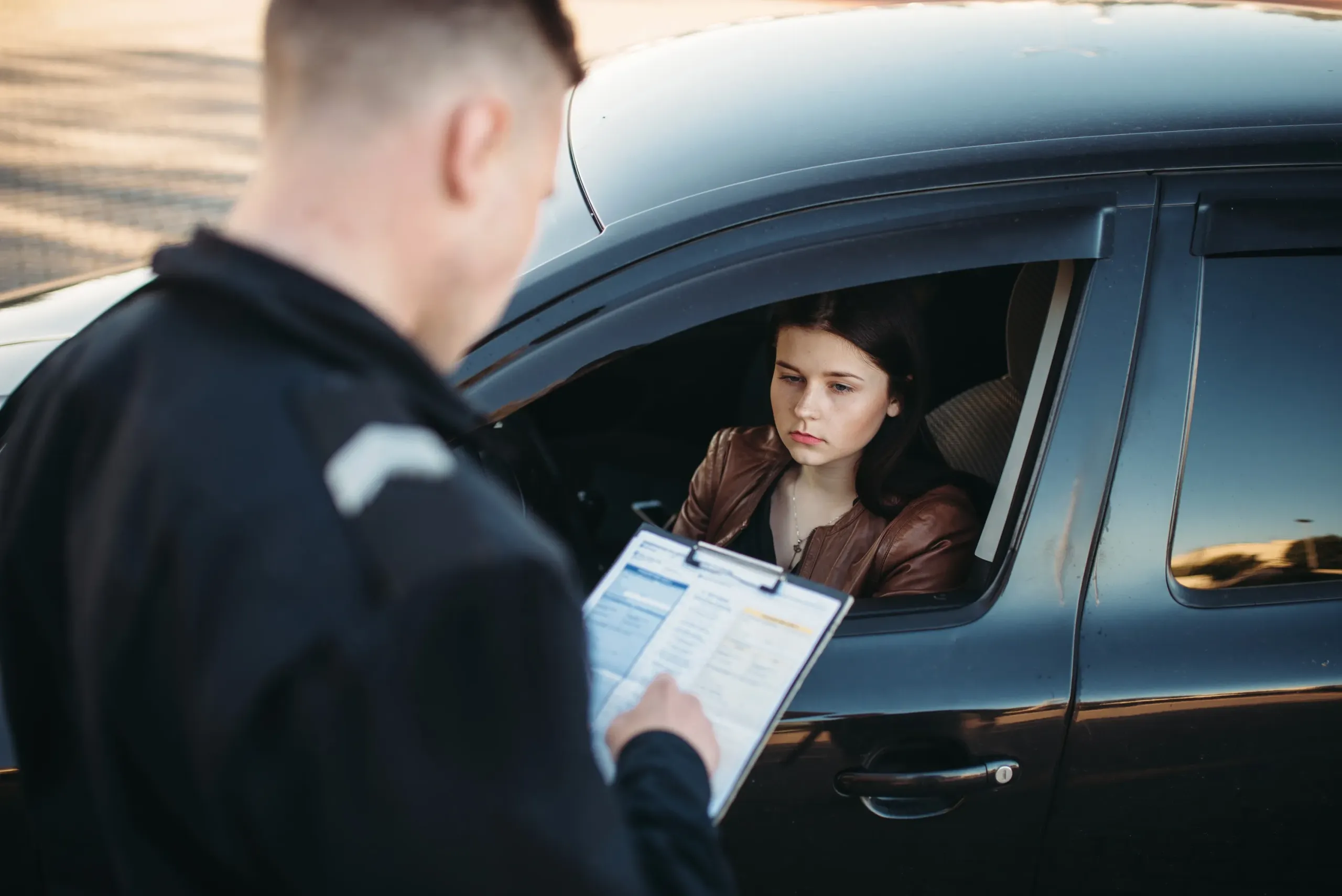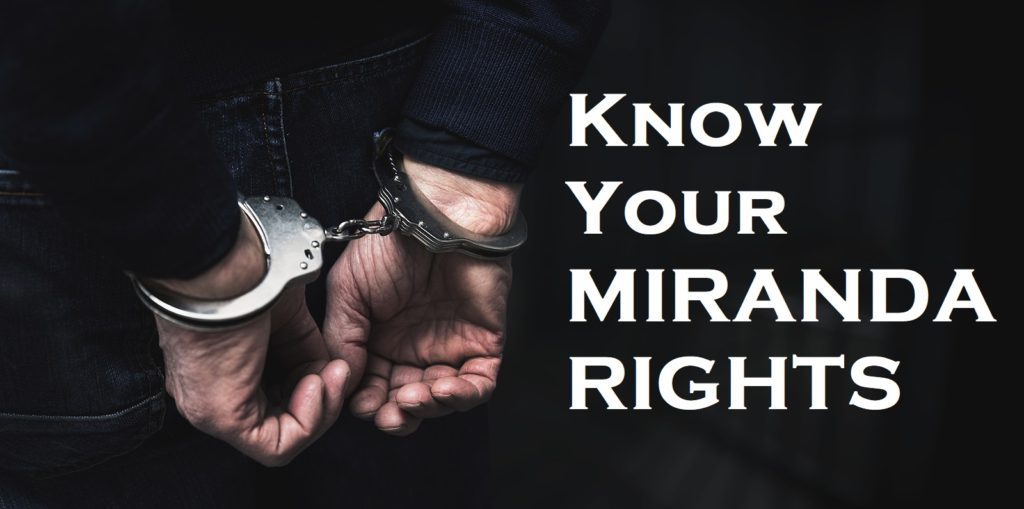If you’re facing impaired driving charges, hiring an experienced impaired driving lawyer is one of the best decisions you can make to safeguard your future. A conviction can result in fines, license suspension, and even jail time, affecting various aspects of your life. However, with the right legal defense strategy, you may be able to reduce or dismiss the charges, preventing long-term consequences.
Understanding how impaired driving lawyers work, what defenses they use, and how they navigate the legal system on your behalf is crucial for protecting your future and making informed decisions. A knowledgeable attorney can challenge the evidence, question law enforcement procedures, and negotiate a better outcome in court.
What is Impaired Driving? Understanding the Basics
Impaired driving occurs when a person operates a vehicle while under the influence of alcohol, drugs, or any substance that affects their ability to drive safely. The laws vary by state and country, but most jurisdictions define impaired driving based on blood alcohol concentration (BAC) levels and observed signs of intoxication.
- Alcohol Impairment: A BAC of 0.08% or higher is typically considered over the legal limit. However, some states enforce lower limits for commercial drivers or individuals under 21.
- Drug Impairment: Many impaired driving lawyers deal with cases where drivers are accused of being under the influence of illegal drugs or prescription medications. Law enforcement may rely on blood or urine tests to determine impairment.
- Refusing a Breathalyzer: Refusal to submit to a breathalyzer test often results in automatic license suspension and other penalties, even if the driver was not legally impaired.
The consequences of an impaired driving charge can be severe, which is why working with an experienced lawyer can make a significant difference in your case.

Why You Need an Impaired Driving Lawyer
Many people believe they can fight an impaired driving charge alone, but the reality is that the legal system is complex. Prosecutors aggressively pursue these cases, and without a strong legal defense, you may face the maximum penalties allowed by law. Here’s how a lawyer can help:
- Understanding the Legal Process
The criminal justice system is intimidating, and every case follows a specific legal process. A lawyer for impaired driving will guide you through every step, from arraignment to trial, ensuring that your rights are protected. - Challenging Evidence
Police officers must follow strict legal procedures when conducting traffic stops, field sobriety tests, and breathalyzer exams. If they made mistakes, your lawyer can challenge the validity of the evidence against you. - Negotiating Lesser Charges
In some cases, a lawyer may be able to negotiate a plea bargain, reducing your charge from impaired driving to reckless driving or another lesser offense. This can significantly reduce the penalties you face. - Avoiding Severe Consequences
A conviction for impaired driving can lead to:
With legal representation, you increase your chances of avoiding the worst penalties and securing a more favorable outcome.
What to Expect When Hiring an Impaired Driving Lawyer
If you decide to hire an impaired driving lawyer, knowing what to expect can help you prepare for your case and make informed decisions. A skilled attorney can significantly impact the outcome, ensuring your rights are protected throughout the legal process.
1. Initial Consultation
Most impaired driving lawyers offer a free or low-cost consultation to discuss your case. During this meeting, the lawyer will:
- Review the facts of your arrest
- Explain the potential penalties you may face
- Discuss possible defense strategies that could apply to your case
- Provide an estimate of legal fees and costs involved in your defense
This consultation is a crucial step in determining whether the lawyer is the right fit for your case. It also helps you understand the strengths and weaknesses of your defense before making any legal decisions.
2. Case Investigation
Once you hire a lawyer for impaired driving, they will investigate your case thoroughly to build the strongest defense possible. This includes:
- Reviewing police reports and arrest records to identify any inconsistencies
- Examining dashcam and bodycam footage to ensure proper legal procedures were followed
- Analyzing breathalyzer and blood test results to determine if they were conducted correctly
- Interviewing witnesses who may support your version of events
If there are errors or inconsistencies in the prosecution’s case, your lawyer will use them to build a strong defense. A thorough investigation can uncover crucial details that may help in reducing or dismissing charges.

3. Filing Motions and Legal Arguments
Your lawyer may file motions to suppress evidence if your constitutional rights were violated during the arrest. If successful, this could result in a dismissal of charges before trial.
Some common legal motions include:
- Challenging the validity of field sobriety tests if they were not conducted properly
- Disputing the reliability of breathalyzer or blood test results
- Arguing that the traffic stop was unlawful if there was no probable cause
A strong pre-trial legal strategy can weaken the prosecution’s case and improve your chances of a favorable outcome.
4. Court Representation and Negotiation
Your impaired driving lawyer will represent you in court, ensuring that your rights are upheld at every stage of the case. They will:
- Negotiate with the prosecutor for a plea bargain or reduced charges
- Argue for reduced penalties if a conviction is unavoidable
- Challenge prosecution evidence to weaken their case against you
- Push for a full acquittal if the evidence is weak or flawed
In some cases, if the evidence against you is weak, they may push for a full acquittal, ensuring that you avoid serious consequences. A lawyer’s experience in negotiation and courtroom strategy is often the key to a successful defense.
Common Defenses Used by Impaired Driving Lawyers
An impaired driving lawyer may use various legal strategies to fight the charges against you. Some of the most common defenses include:
1. Lack of Probable Cause
Police officers must have a valid reason to stop your vehicle. If they pulled you over without probable cause, any evidence they gathered may be inadmissible in court.
- Example: If an officer stopped you for no clear reason and later charged you with impaired driving, your lawyer could argue that the stop was unlawful, leading to the dismissal of charges.
2. Faulty Breathalyzer or Blood Test Results
Breathalyzer machines must be properly calibrated and maintained to ensure accurate results. If your lawyer finds that the device was faulty or improperly used, they can challenge the test results.
- Example: If the machine was not properly maintained, or the officer failed to administer the test correctly, the BAC reading could be inaccurate, weakening the prosecution’s case.
3. Medical Conditions and False Positives
Certain medical conditions, such as diabetes, acid reflux, or neurological disorders, can mimic signs of impairment or cause false positives on breathalyzer tests.
- Example: Someone with diabetes may produce acetone in their breath, which can trigger a false BAC reading, leading to a wrongful charge. A lawyer can use medical evidence to dispute the results and challenge the charge.
4. Violation of Constitutional Rights
If law enforcement failed to read your Miranda rights or conducted an unlawful search and seizure, your lawyer may argue that your rights were violated, leading to possible dismissal of charges.
Example: If an officer coerced you into making a statement without reading your rights, that statement could be thrown out as evidence, significantly weakening the case against you.

How to Choose the Right Impaired Driving Lawyer
Not all lawyers specialize in impaired driving defense, so it’s important to choose the right one for your case. Here are some key factors to consider when hiring an attorney:
1. Experience in Impaired Driving Cases
Look for a lawyer who has handled numerous impaired driving cases and understands local court procedures and DUI laws.
- Tip: Ask about past cases and success rates to gauge the lawyer’s expertise.
2. Client Reviews and Reputation
Check online reviews, testimonials, and case results to see how past clients rate the lawyer’s performance.
- Tip: Look for reviews that mention successful case dismissals or reduced penalties.
3. Communication and Accessibility
Your lawyer should be responsive and willing to answer your questions throughout the process. Clear communication is key to a strong defense.
- Tip: If a lawyer takes too long to respond, they may not be the best choice for your case.
4. Success Rate
Ask about the lawyer’s track record of winning cases, negotiating plea deals, and getting charges reduced or dismissed.
- Tip: A lawyer with a high success rate in DUI cases is more likely to achieve a positive outcome.
Final Thoughts: Protect Your Future with an Impaired Driving Lawyer
Being charged with impaired driving is a serious matter, but it does not mean an automatic conviction, as many legal defenses can be used to fight the charges. A skilled impaired driving lawyer can challenge the evidence, negotiate reduced penalties, and protect your rights throughout the legal process. Acting quickly and securing legal representation can significantly improve your chances of avoiding severe consequences and safeguarding your future.
If you or a loved one is facing impaired driving charges, don’t wait—consult an experienced lawyer today to start building a strong defense strategy. With the right legal approach, you may be able to reduce penalties, avoid a conviction, and move forward without a lasting impact on your life or career.

